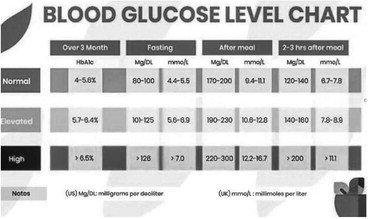Heart Health: Volume 11 – What is the link between Diabetes and Heart Failure


Do you know what diabetes is? According to the World Health Organization (WHO), diabetes is classified as a chronic disease that occurs either when the pancreas does not produce ...
